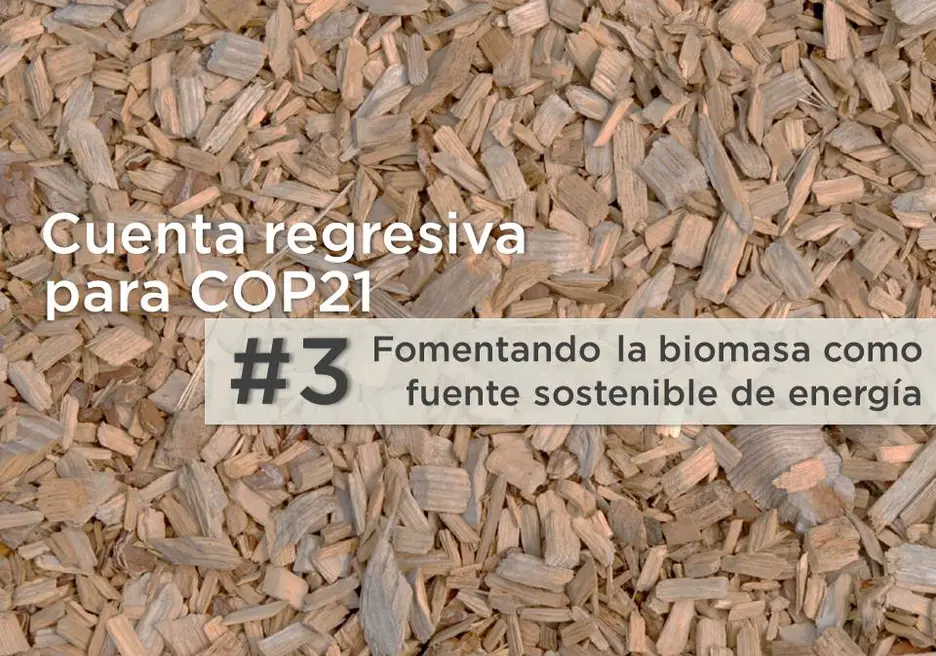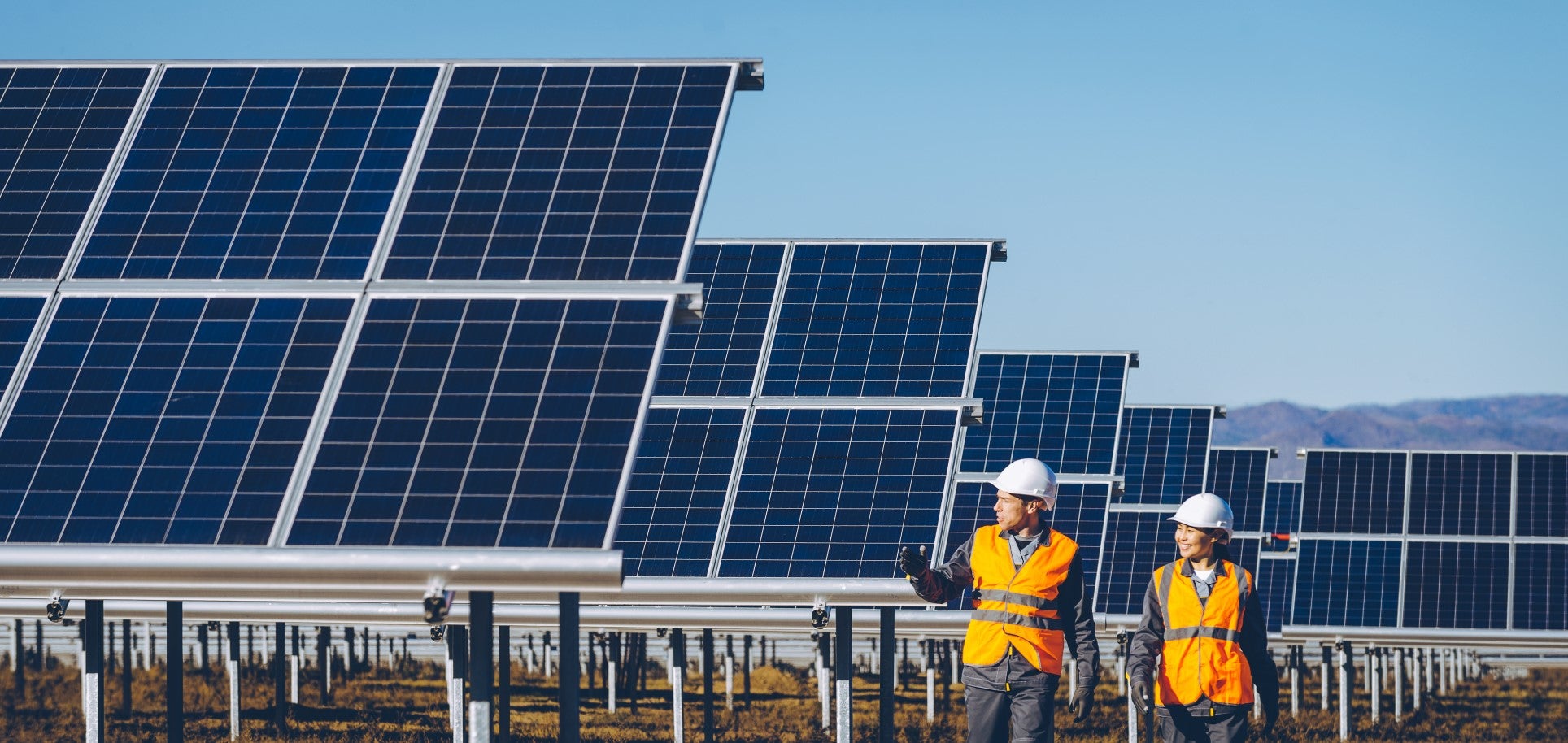5 reasons to rethink biomass in Latin America
With less than a week to go until COP21, governments across the globe make their preparations to achieve an international, legally-binding agreement on climate change. And the progress is apparent. Over 140 countries, including most of Latin America and the Caribbean, have submitted their respective Intended Nationally Determined Contributions (INDCs). These action plans allow governments to communicate internationally where climate actions will take place post-2020. One conclusion so far: clean energy will be fundamental to carbon emission reductions for all governments, including top global carbon emitters. With this is mind, it is important to remember the benefits of an underutilized renewable energy technology: sustainably sourced biomass.
NOVEMBER 25 2015

Given that biomass is produced from organic materials, such as sawdust, bark, sugar cane and other agricultural wastes that are widely available and inexpensive, this source of energy is one of the most cost-effective. These are five additional reasons why biomass is a sustainable source of energy:
- Biomass doesn't deplete natural resources. Biomass has the potential to be converted into an enormous amount of energy. Raw materials like leaves, roots, nut shells, agricultural waste, waste wood, etc., are burned to produce steam. This is a viable alternative for companies committed to achieving environmental sustainability while reducing energy expenses from imported fossil fuels. This is the case of an innovative Costa Rican citrus company, Ticofrut. The company reduces fossil fuel consumption by utilizing renewable, waste biomass to generate electricity and steam for the processing plant.
- Biomass is easy to grow, collect and use. Agricultural activities are prone to generate large amounts of biomass residues that are often left in the field. By utilizing this waste to produce energy without harming the soil, disposal and pollution costs can be lowered. Also, crops can be grown for energy and produced in large quantities.
- Biomass reduces CO2 emissions. Burning agricultural waste to create clean electricity releases the organic matter that would have been naturally released if decomposed, a process which may create over 20 times more GHG emissions. Growing new biomass for fuel use also increases the carbon sequestered in the soil. High energy consumers in the industrial sector that have switched from petroleum-derived bunker fuel to sustainably-sourced biomass have seen positive results.
- Biomass has proven to benefit rural areas. Biomass can stimulate investments in rural areas and creates employment throughout the supply chain, providing income to farmers and small property owners as well as encouraging the responsible maintenance of their crops. In Brazil, for example, the production of 14 billion liters of ethanol from sugarcane is responsible for the creation of almost 2 million jobs (direct and indirect). In the US alone, the biomass industry employs 18,000 people, mainly in rural areas.
- Biomass is an unexplored market with huge growth potential. Biomass accounted for two-thirds of all renewable energy consumption in the European Union in 2012. In the United States, biomass energy consumption grew more than 60 percent between 2002 and 2013, accounting for half of all renewable energy consumed. Although in Latin America and the Caribbean, sustainable energy generation from biomass represented only 4 percent in 2014, biomass makes up the majority of the growth of installed renewable capacity in the region. Brazil is the main driver.
Low-carbon energy sources allow companies to achieve carbon neutrality. Including biomass in investment plans enables the private sector to have more supply to choose from.
LIKE WHAT YOU JUST READ?
Subscribe to our mailing list to stay informed on the latest IDB Invest news, blog posts, upcoming events, and to learn more about specific areas of interest.
Subscribe



